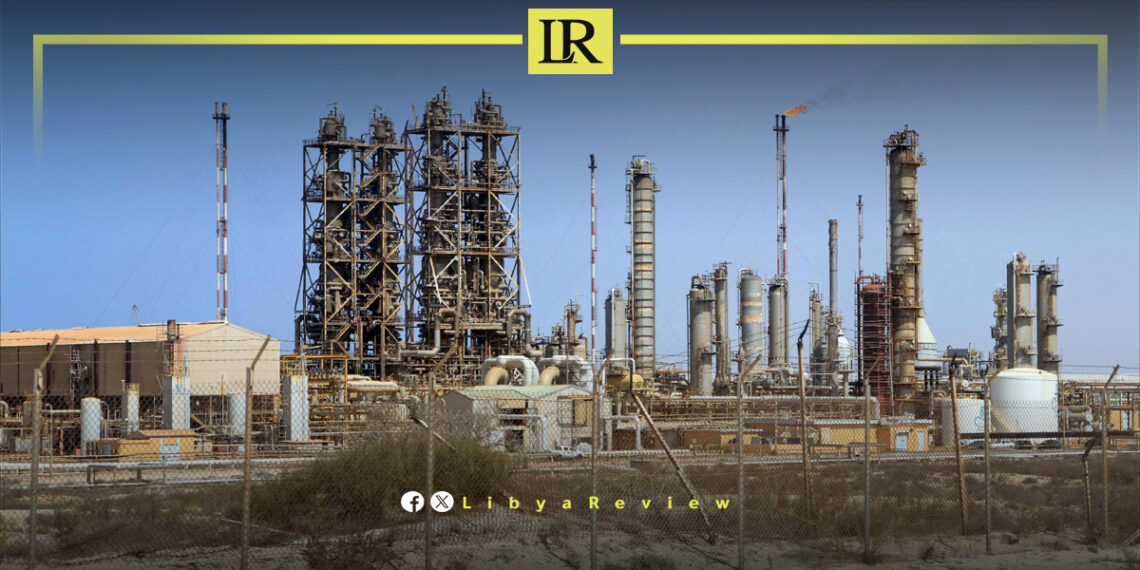Libya is moving toward a transformative economic policy with plans to remove its heavily subsidized fuel pricing, a step aimed at tackling rampant smuggling, which costs the country an estimated $750 million annually.
The Parliament-designated government in Benghazi recently approved a proposal to phase out fuel subsidies and is now working on mechanisms to implement it. This follows an earlier announcement by the Tripoli-based Government of National Unity (GNU), which had pledged to hold a referendum on subsidy reform but has yet to act.
The current fuel subsidy system, long criticized for benefiting smugglers rather than citizens, has made Libya the second-cheapest country in the world for gasoline, with a liter priced at just $0.031. In contrast, Libya imports fuel at a cost of $0.71 per liter, selling it domestically at a fraction of that price. This massive price gap has created a lucrative opportunity for smugglers, who transport fuel to neighboring countries like Tunisia and Chad, as well as to Malta and Italy, where it fetches significantly higher prices.
Smuggling networks, which expanded after the fall of Muammar Gaddafi in 2011 and Libya’s subsequent political split in 2014, have exacerbated fuel shortages within the country. Southern Libya, in particular, suffers from chronic fuel scarcity at official stations, forcing residents to rely on black markets where prices are up to 30% higher. The problem is further compounded by porous borders and the discovery of tunnels used to smuggle fuel into Tunisia.
In an effort to halt this economic hemorrhaging, the Parliament-designated government, led by Prime Minister Osama Hammad, has taken the lead in proposing a gradual subsidy removal. Discussions with the Central Bank of Libya have outlined a broader reform strategy, including adjustments to fuel prices and possible cash compensation for citizens to offset the impact of rising costs.
The Tripoli government has also floated a plan to replace subsidies with direct cash transfers, proposing an annual payment of 12,000 dinars ($2,500) per citizen to ensure equitable distribution of state support.
The Central Bank estimates that Libya spent 12.8 billion dinars ($2.7 billion) on fuel subsidies in the first 11 months of 2024 alone, highlighting the unsustainable nature of the current system. Experts agree that reform is inevitable but emphasize the need for a carefully planned, phased approach to prevent social unrest and economic disruption.
Fuel subsidy reform is a sensitive issue in Libya, where public transportation is virtually non-existent, and citizens depend heavily on private vehicles. A sudden price hike could disproportionately affect vulnerable populations, prompting experts to recommend introducing a card-based system to ensure that subsidies are targeted toward those most in need. Gradual price adjustments, paired with broader economic reforms, could reduce smuggling incentives while minimizing the financial burden on ordinary Libyans.


